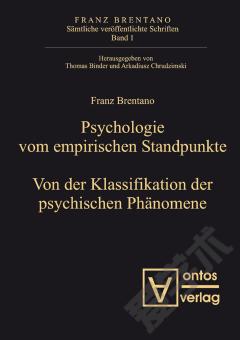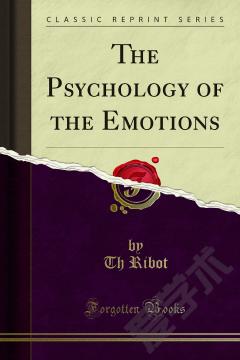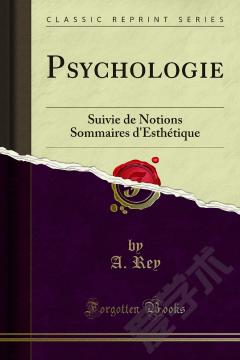From Passions to Emotions: The Creation of a Secular Psychological Category
Today there is a thriving 'emotions industry' to which philosophers, psychologists and neuroscientists are contributing. Yet until two centuries ago 'the emotions' did not exist. In this path-breaking study Thomas Dixon shows how, during the nineteenth century, the emotions came into being as a distinct psychological category, replacing existing categories such as appetites, passions, sentiments and affections. By examining medieval and eighteenth-century theological psychologies and placing Charles Darwin and William James within a broader and more complex nineteenth-century setting, Thomas Dixon argues that this domination by one single descriptive category is not healthy. Overinclusivity of 'the emotions' hampers attempts to argue with any subtlety about the enormous range of mental states and stances of which humans are capable. This book is an important contribution to the debate about emotion and rationality which has preoccupied western thinkers throughout the eighteenth and nineteenth centuries and has implications for contemporary debates.
{{comment.content}}








 京公网安备 11010802027623号
京公网安备 11010802027623号